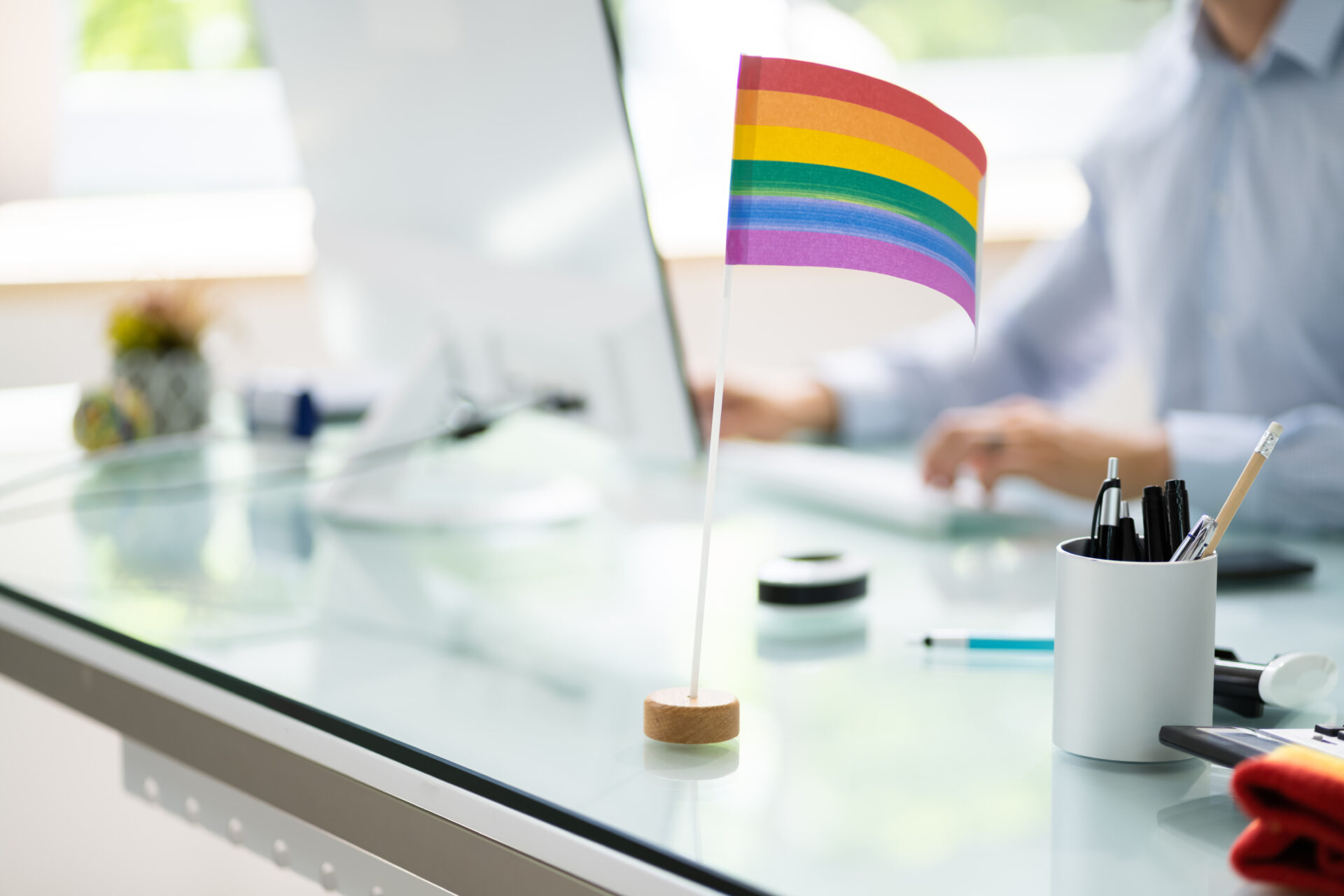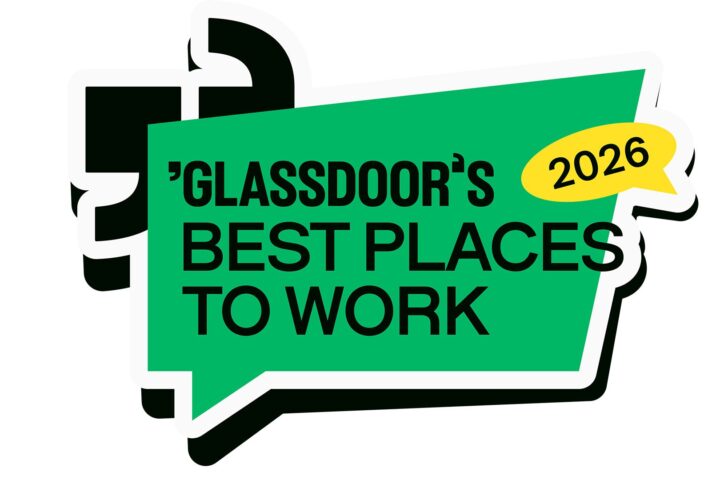Workplace equality initiatives are fostering a culture of hostility towards LGB employees who do not conform to ‘correct’ opinions on sex and gender, research from LGB Alliance and Business Forum has revealed.
The survey found over a third of respondents (35%) experienced social exclusion or hostility from colleagues or management due to their beliefs.
Meanwhile, two-thirds (65%) felt pressured to publicly affirm views they do not hold, particularly regarding gender identity.
91% felt uncomfortable being grouped under the broader LGBTQ+ umbrella commonly used in workplace EDI policy and initiatives, while over a third (36%) were advised by HR to stay silent about views that conflict with staff LGBTQ+ groups and DEI initiatives.
86% avoided expressing their views altogether, fearing consequences such as job loss or disciplinary action
In addition, over three quarters (76%) rated their organisation’s LGBTQ+ training quality as ‘poor’ or ‘very poor’.
85% said training lacks neutrality, 88% claimed it does not consider alternative views, and 79% said it does not address LGB-specific issues
The researchers polled 235 employees at both private and public sector organisations, including the NHS and civil service, universities, and charities, and conducted further in-depth interviews with a select sample.
The data indicated a culture of ‘compelled conformity’, where participation in EDI initiatives and staff networks is conditional on affirming particular views.
Those who held sex-based beliefs or even neutral perspectives report feeling excluded, silenced, or labelled as ‘bigots’ and ‘TERFs’.
Others report having promotion and/or professional development opportunities withheld.
As a result, LGB employees cannot discuss important issues such as homophobia within the TQ+ movement that now dominates workplace LGBTQ+ groups.
In the words of one gay man interviewed for the research: “I joined the staff LGBTQ Network but was pressured to share my pronouns and wear a Progress flag lanyard.
“The network is only ever interested in gender issues. They are very intolerant of other views, as is our senior leadership generally. I stepped away from the network.
“As a result, I don’t know any other gay men or lesbians at work. I don’t talk about sex, gender, or sexual orientation with colleagues at all. I am genuinely afraid to express my opinion. I just do my work and go home.”
Another respondent, a bisexual woman and senior manager in the public sector, was asked whether she shared her views at work. She replied simply: “It would be career suicide.”
Toby Hopkins, LGB Alliance Business Forum, said: “This research identifies a number of examples where HR & EDI teams in businesses have assumed the role of enforcer of a much contested ideology.
“As HR professionals, our first instincts should be to enable businesses to perform at their best and with the interests of all employees, LGB or otherwise, at the centre.”
Dr Tamara Burrows of Amarta Research added: “The disaggregation of data is vital to achieve a full picture of attitudes and experiences. It’s clear that LGBT+ is too broad a category and the LGB experience in the workplace has been overlooked until now.”














